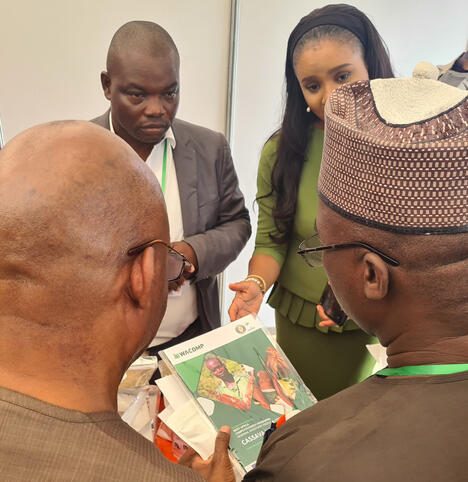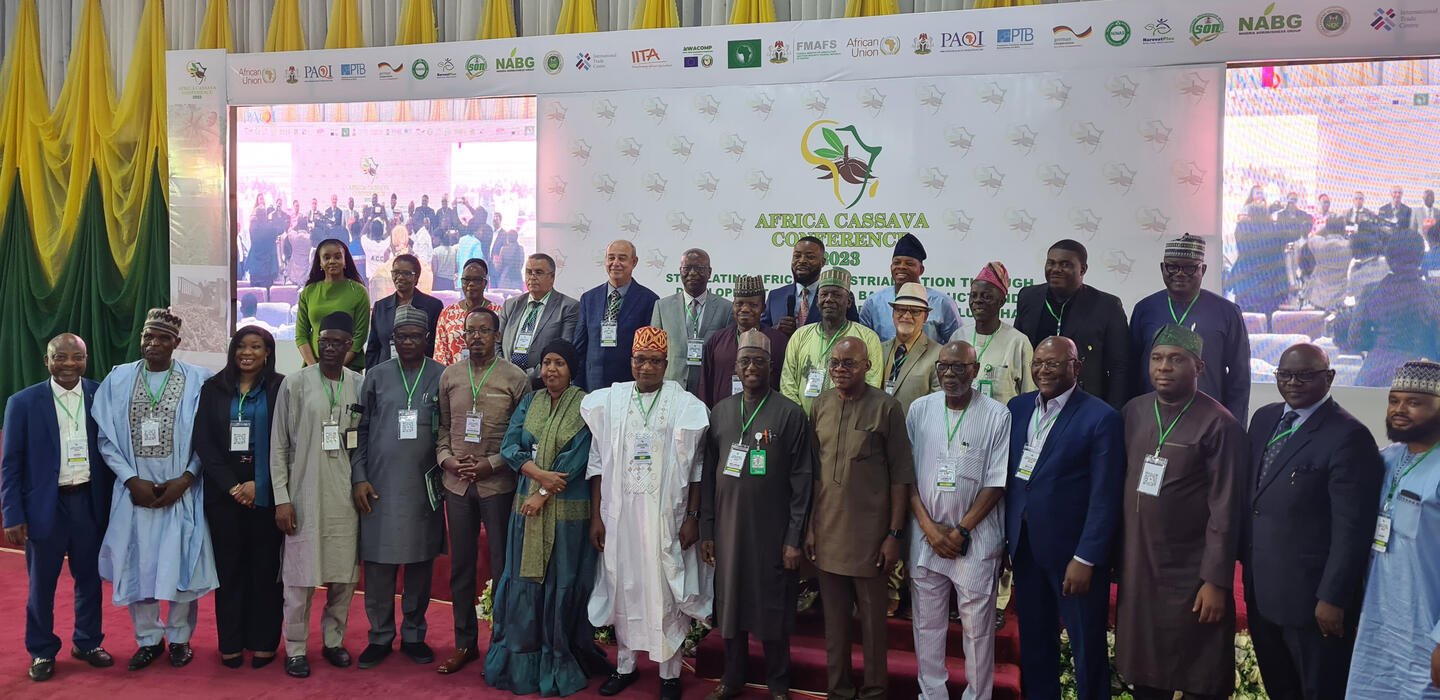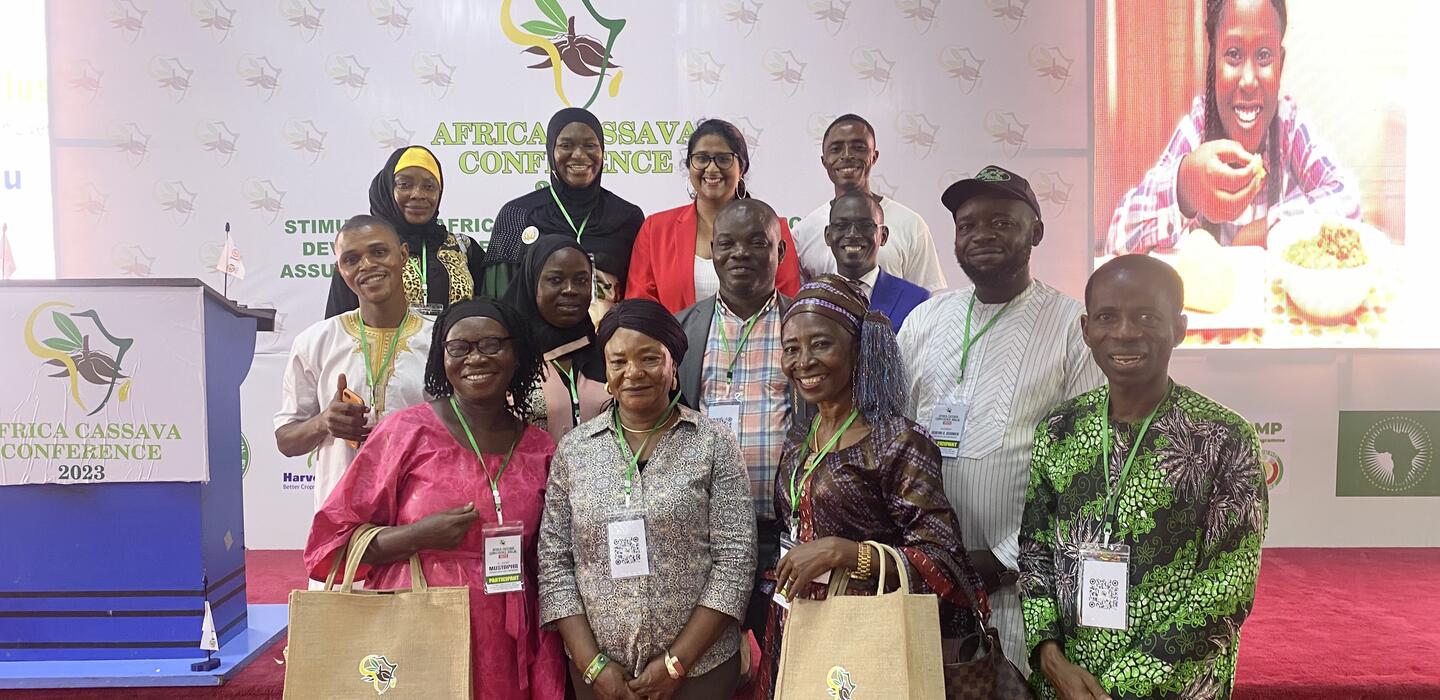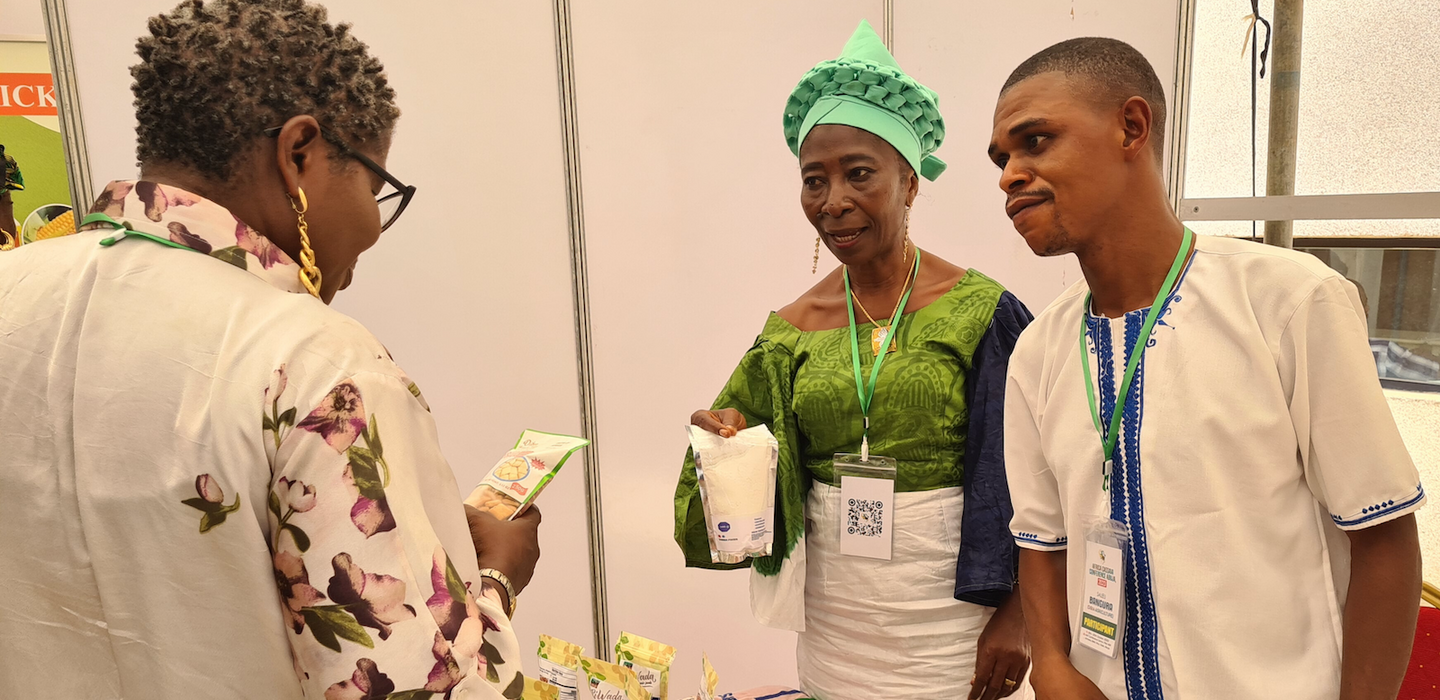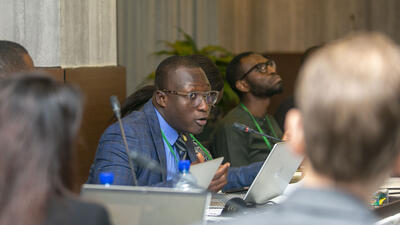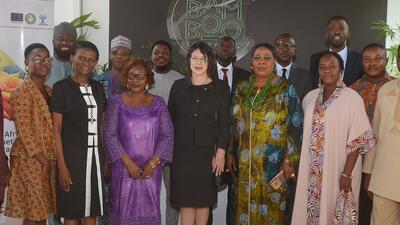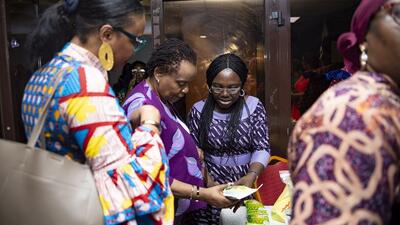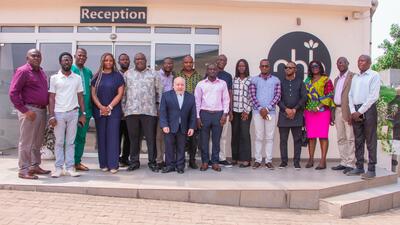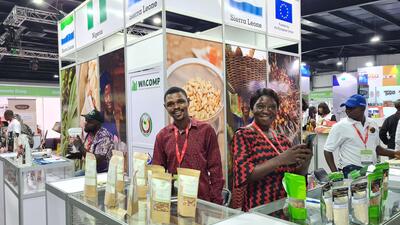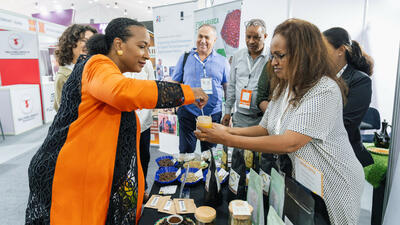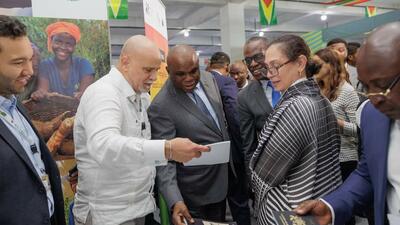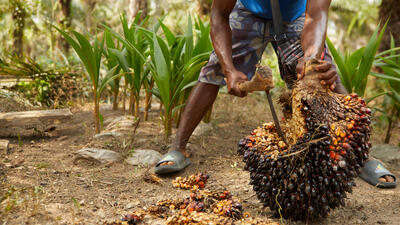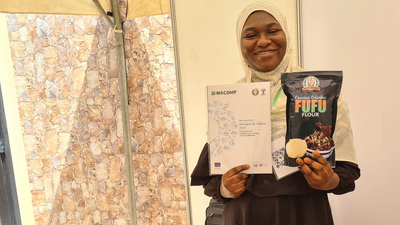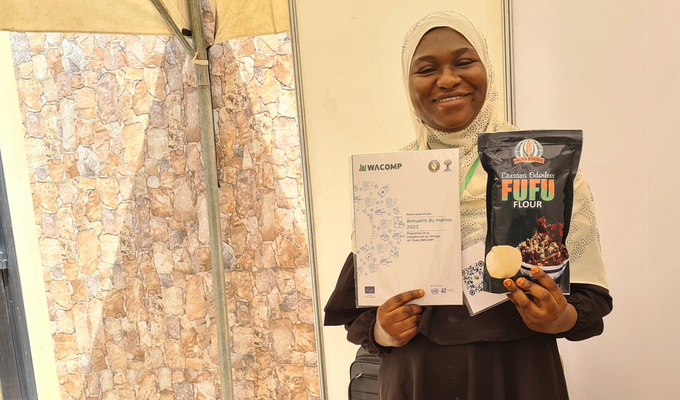
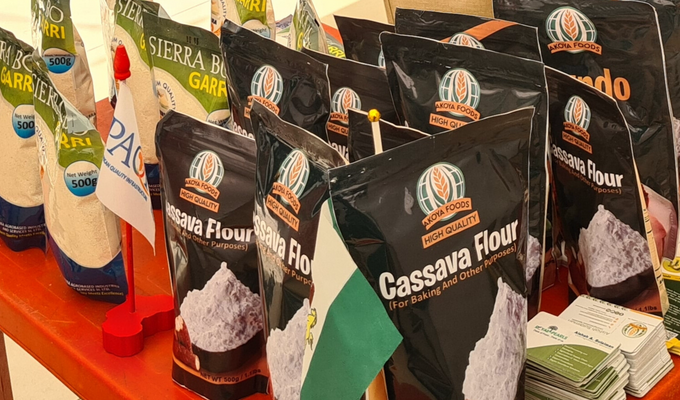
At Africa Cassava Conference, a humble plant can power trade
Cassava, long seen only as a staple food, is increasingly becoming a cash crop with new industrial uses. The conference in Abuja, Nigeria, highlighted how cassava can attract investments and generate trade.
With major producers such as Nigeria, the Democratic Republic of Congo, Ghana, and Angola, cassava is emerging as a "poverty fighter".
The Africa Cassava Conference, held 18 to 20 October, showcased the vibrant collaboration between the International Trade Centre (ITC), the African Union Commission, and the Pan-African Quality Infrastructure (PAQI), which is the regional standards body. Top of Form
West Africa produces 52% of the continent’s cassava. Nigeria alone accounts for 23.4% of global production. New industrial uses for this staple crop are creating market opportunities from ethanol to starches. However, West Africa’s share of global cassava trade is less than 1%. That’s largely because producers can’t meet higher quality standards (for flour, for instance), obtain improved seedlings or ensure proper packaging.
N'doly Cesar is CEO of Nouvel Esprit de Managers (NEM) in Côte d’Ivoire. His firm is a beneficiary of ITC’s West African trade competitiveness programme, WACOMP. He highlighted the growing demand for their attieke product, a cassava-based side dish. Demand for the foods his company produces underlines how supporting small businesses can boost both food security and industrial growth.
Ron Osman Omar, representing the African Union Commission (AUC), said at the conference’s opening that the meeting would aim to establish standards, streamline processing methods, and ensure quality control in the cassava sector.
Yared Befecadu, programme management officer of the WACOMP programme at ITC, noted the collaborative work with PAQI and other continental partners to improve the quality of cassava products. That collaboration ranges from the "Made in Africa" label initiative to the alignment of continental and national quality policies.
The WACOMP project has invested substantial efforts in creating brochures with regional investment profiles to better promote investment opportunities in cassava. Devika Rajeev, Associate Programme Officer at ITC, presented the documents during the conference.
Investment promotion agencies from Côte d’Ivoire, Ghana and Nigeria shared the opportunities and challenges faced by their countries. And 10 small businesses received ITC support to attend the conference, where they showcased their products and contributed to the dialogue.
Overall, the conference underlined the importance of investment opportunities, research innovations, and quality infrastructure in building sustainable cassava value chains.
About the West Africa Competitiveness Programme (WACOMP)
WACOMP is financed by the European Union under the 11th European Development Fund. The programme aims to strengthen the competitiveness of West African countries and enhance their integration into the regional and international trading system. Under the WACOMP ITC works in cooperation with UNIDO and under the overall guidance of the ECOWAS Commission. The overall objective of the Programme is “to strengthen the competitiveness of West Africa through an enhanced level of production, transformation and export capacities of the private sector in line with regional and national industrial and MSME strategies”. The project is implemented by the International Trade Centre.




